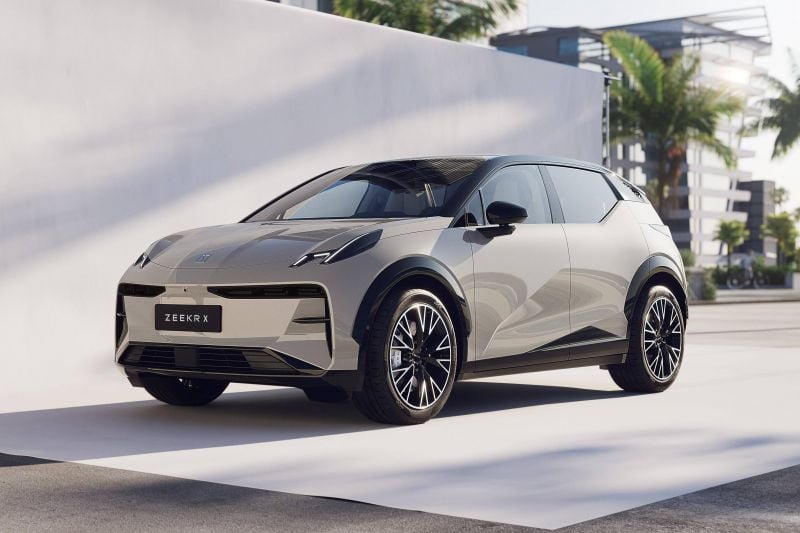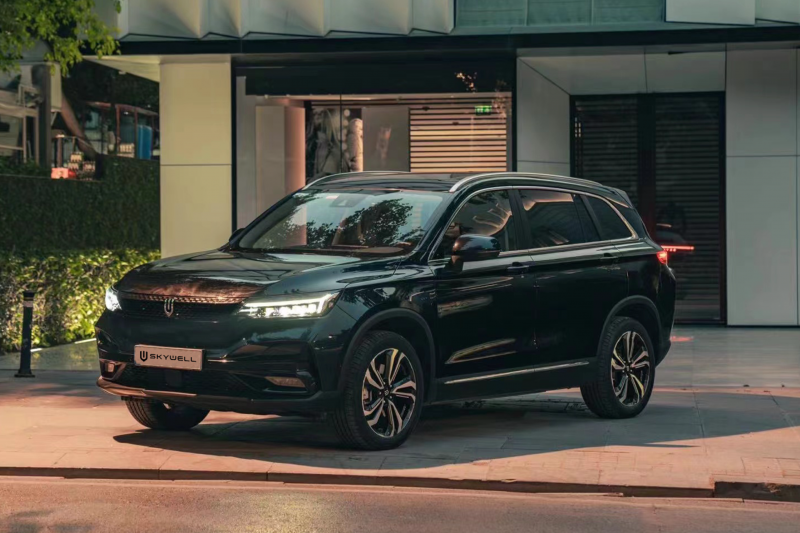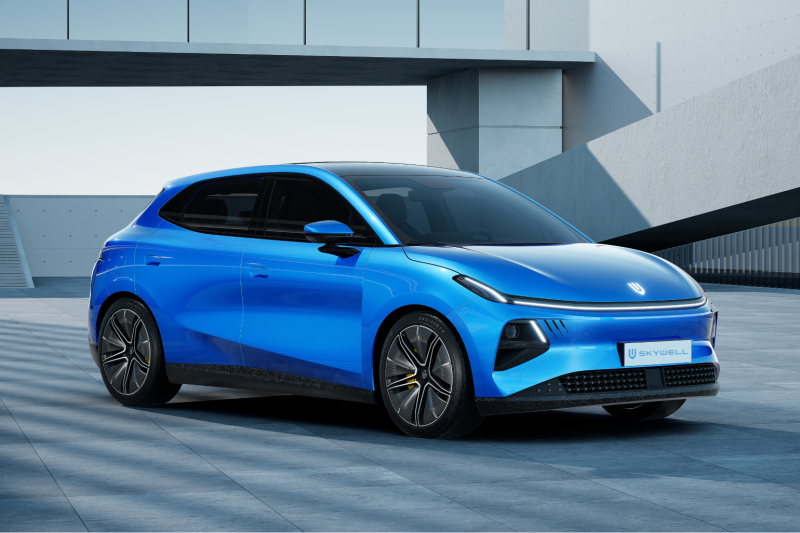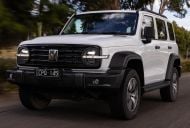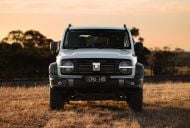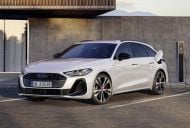Tariffs placed on Chinese electric vehicles (EVs) in Europe and the US threatens to stun the growth of the nation’s export industry, but Australia could be a benefactor.
In Europe, an investigation by policymakers found Chinese EV makers were being subsidised by the state, with the European Commission responding by placing tariffs of up to 45.3 per cent – including existing import taxes on incoming vehicles.
Similarly, the US Government earlier this year raised the tariff on certain Chinese imports including EVs from 25 to 100 per cent, not including the existing 2.5 per cent duty tax on all vehicles imported to the US.
It also increased the tariffs on lithium-ion EV batteries and related battery parts from 7.5 to 25 per cent.
100s of new car deals are available through CarExpert right now. Get the experts on your side and score a great deal. Browse now.
However, it’s a different story in Australia, where China has risen to become the third-most popular country of origin for new vehicles sold locally, and Chinese cars dominate the EV sales chart.
According to Jack Puzin, CEO of EV Automotive – the Australian distributor of Chinese EV firm Skywell – these external factors from overseas can only aid the local market.
“Around the world, the Europeans and Americans are ostracising the Chinese,” Mr Puzin told CarExpert.
“Obviously, their market is spilling into everywhere else they can sell, and Australia’s one of them.
“With such a generous Free Trade Agreement, why wouldn’t they?”
Peter Benardos, EV Automotive’s general manager of sales, added these factors as a reason why brands such as Skywell have been willing to invest in low-volume, right-hand drive markets like Australia.
“When we went to Skywell back in 2017, we went knocking on doors with hundreds of manufacturers asking if they’d build us a right-hand drive vehicle. ‘No, no, no, no’,” Mr Benardos said.
“But Skywell said, ‘okay’. Then the next question was, ‘what’s your minimum volume?’ but we didn’t have a minimum volume. They were prepared to put the R&D in, based on no [guarantee] of 10,000 vehicles being a minimum volume.
“They wanted to start cutting their teeth in the right-hand drive market, so they came along and said yes. That’s the hardest part for anybody going into right-hand drive, is the leap of faith that [demand] is going to be there for you.
“That’s why traditional OEMs are hesitant to go to a right-hand drive EV market, because they don’t see the volume, but the Chinese [brands] are looking at it, thinking [tariffs] are going to hurt them.
“I think China has done the right thing, which is if they’ve got a right-hand drive market [to export to], they can at least put some volume in that.”
EV Automotive will begin selling passenger vehicles in Australia in the first quarter of 2025 with the ET5 electric SUV.
Skywell is one of a bevy of Chinese brands coming to Australia by 2026, with others including Xpeng and Zeekr.
MORE: Which Chinese car brands are coming to Australia in 2024 and 2025?



